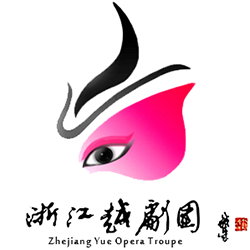Zhejiang Yue Opera Troupe | |
|---|---|
| Traditional Chinese | 浙江 越劇 團 |
| Simplified Chinese | 浙江 越剧 团 |
| Hanyu Pinyin | Zhèjiāng Yuèjù Tuán |
 | |
| Background information | |
| Origin | Hangzhou, Zhejiang, China |
| Genres | Yue opera |
| Years active | 1949–present |
| Website | www.zj-yjt.com |
The Zhejiang Yue Opera Troupe is a troupe in Hangzhou, China, founded in 1952 and dedicated to Yue opera. [1] The Zhejiang Yue Opera Troupe is one of the most famous Yueju troupes.